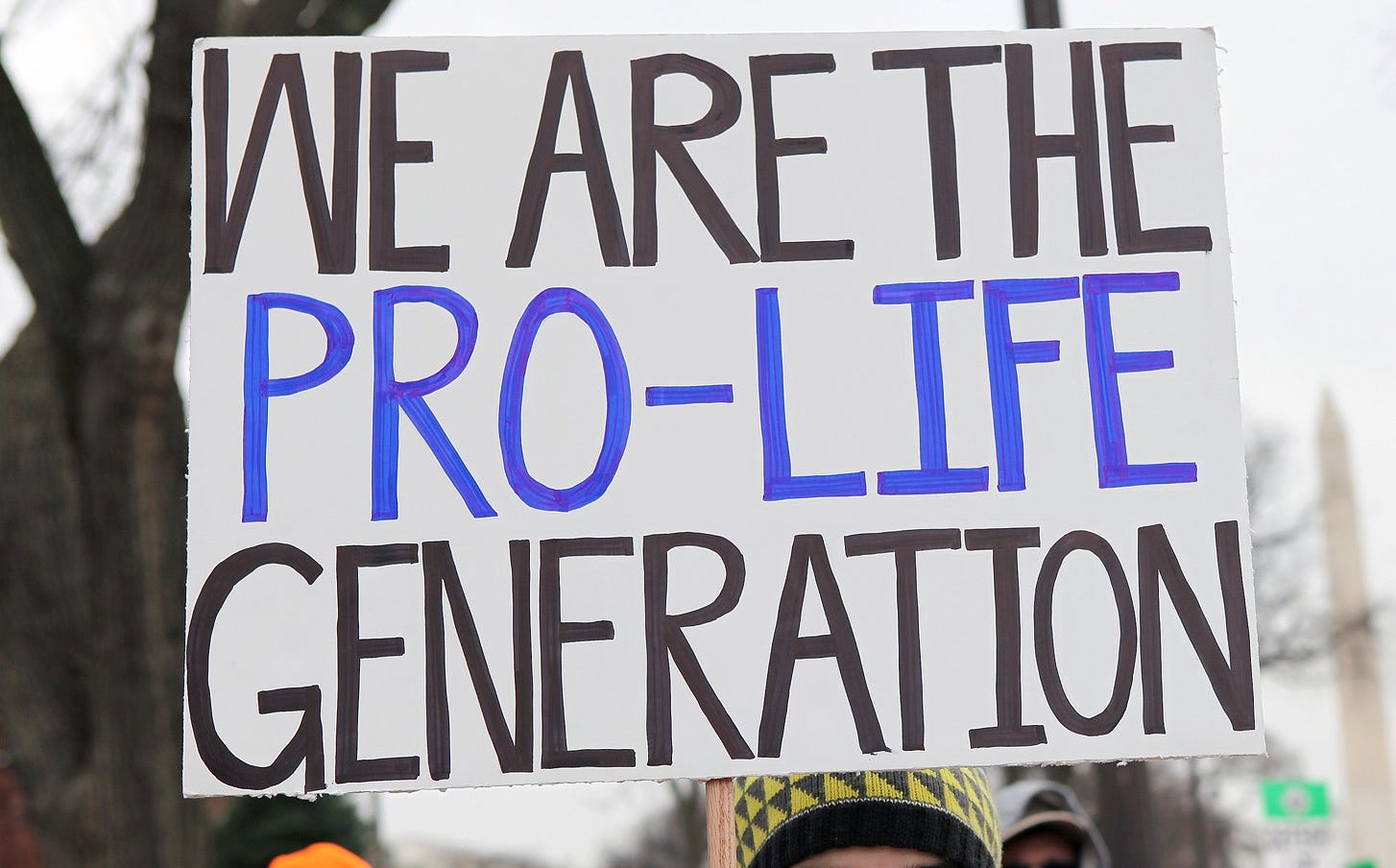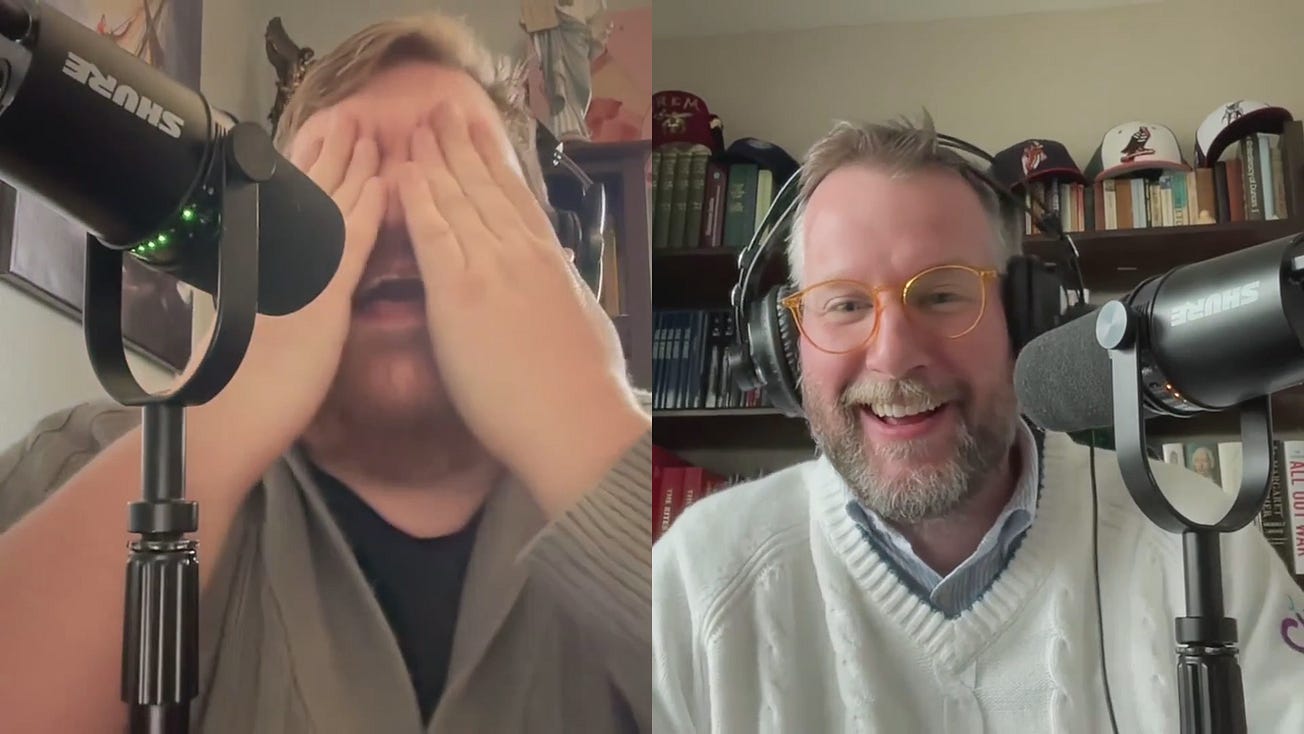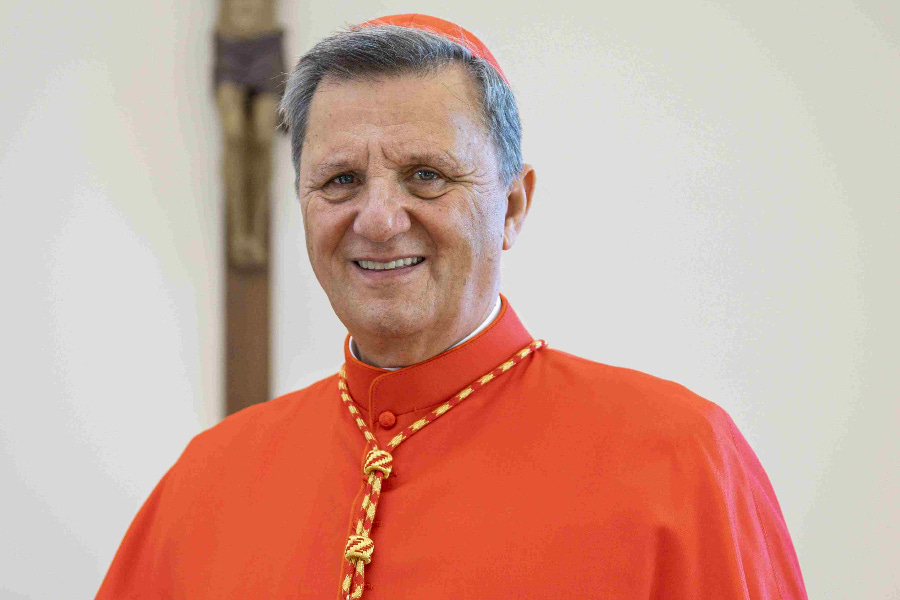Catholic debate about politicians, abortion, and Communion continues to make national headlines and draw attention from well beyond the regular observers of the Church’s life.
While the conversation remains mired in partisanship, both ecclesiastical and political, it could provide some Catholic lawmakers with a chance to reset the conversation, and flip the script on the debate among politicians over who really fits as a “Pope Francis Catholic.”
The U.S. bishops voted this month to draft a teaching document on the Eucharist. That move, weeks later, is still being spun as an overt denunciation of pro-abortion Catholic politicians. On the same day the vote was announced, 60 Democratic Catholic Congressional representatives signed an open letter effectively denouncing the bishops for a vote they claimed was unholy partisanship.
While defending their support for legal abortion, which the Church teaches is always the taking of an innocent human life, the lawmakers observed that bishops have been silent on the Eucharistic “coherence” of Republican Catholics who, in their view, stray from the Church’s teaching on the death penalty, immigration, and social welfare policies.
Some might reasonably accuse the Democrats — and the op-ed writers who have joined them in rejecting the bishops’ adherence to Church teaching on abortion — of selective hearing: the bishops at the state and national level have, over the past four and a half years, issued dozens of statements on immigration and the death penalty.
And at least one bishops has tried to push back by arguing that legal protection for abortion is categorically different from prudential policy judgments on other “serious pressing matters,” which “involves the sustained, intentional killing of innocent human life.”
But the Democrats’ charge — that Republican Catholic politicians ignore the Catholic view of several moral issues with no ecclesial consequences — sticks in the public consciousness.
Among those issues is the death penalty. While the doctrinal status of the death penalty is a complicated and controversial question, it can’t be denied that Pope St. John Paul II, Pope Benedict XVI, and Pope Francis have offered a unified message against executions in developed nations — a message that has been supported unequivocally by U.S. bishops, even amid their many disagreements.
That could present an opportunity for pro-life leaders to demonstrate a renewed commitment to both Catholic unity and moral coherence.
While Joe Biden campaigned against the death penalty in his run to the White House, the president’s administration has made a startling reversal in recent weeks, with the Justice Department urging that Dzhokhar Tsarnaev, the Boston Marathon bomber, be sentenced to death. The White House has made efforts to distance Biden from the decision, but critics point out that a presidential candidate who said a long-standing moratorium on the federal death penalty should be restored ought to become the kind of president of who restores a moratorium on the federal death penalty.
At the same time, the president’s administration is supporting efforts in Congress to eliminate the Hyde Amendment, a long-standing compromise on federal budget bills which prohibits the federal funding of most abortions. If the amendment is eliminated, Medicaid and other federal programs could cover patient abortions in the same they cover other surgical procedures.
That both abortion funding and federal executions have become active policy issues at the same time presents Catholics lawmakers, bishops, and pro-life advocates an opportunity.
If a cadre of Catholic lawmakers, from both sides of the aisle, were to come forward to say that the bishops’ deliberations on Eucharistic coherence had made a difference in their own consciences, and that they wanted to call for the preservation of Hyde and a resumed moratorium on federal executions, they’d be seen to set the bar for what’s expected of Catholic politicians.
Bishops from all sides of the “Eucharistic coherence” debate would no doubt offer such a call their support, and a growing cadre of evangelicals and other conservatives who oppose the death penalty would also sign on.
Catholics who’ve called for consistency from politicians opposed to abortion would also face the choice of signing onto the call, or looking disingenuous. Those Catholic pro-life advocates who’ve tried to refute the notion that “pro-life” only means “anti-abortion” would likely need to support the move, or risk the same.
The call would also reset the bar for what it means to be a “Pope Francis Catholic” — a moniker which myriad Catholic politicians have tried to adopt, including some of the 60 House signatories, even while eschewing or opposing moral and policy positions the pope has been outspoken about.
For bishops looking to answer the “unique challenges” posed by a Catholic president highlighted at the close of their November meeting last year, a U-turn by the president on a life issue besides abortion — the death penalty — would seem to merit a direct response.
The death penalty and abortion are not the same thing. But while repeatedly acknowledging that distinction, the bishops have taught that there are serious reasons for opposing both in the United States. They’ve also said that Catholic lawmakers who want to be coherently pro-life should take those reasons seriously.
Joining a call both to preserve Hyde and restore the moratorium on the death penalty doesn’t require that politicians be in lockstep on long-term policy solutions on either abortion or federal executions. Instead, it could be framed as a pause among Catholic lawmakers to hear from their bishops, to hear and reflect on the teachings of the Church, and to form their consciences accordingly.
That, beyond the singular issue of whether Joe Biden receives the Eucharist, seems to be what the bishops are actually shooting for.




